
Top 10 Cables for 2025
Upgrade your network with the best future-proof cables. Find reliable, high-speed connectivity solutions designed to last. 🌐⚡
DDR5 8800MHz memory boosts bandwidth and headroom to future-proof your gaming rig—smoother FPS, faster load times, and better multitasking. Get compatibility, benchmarks, and buying tips. ⚡️🎮
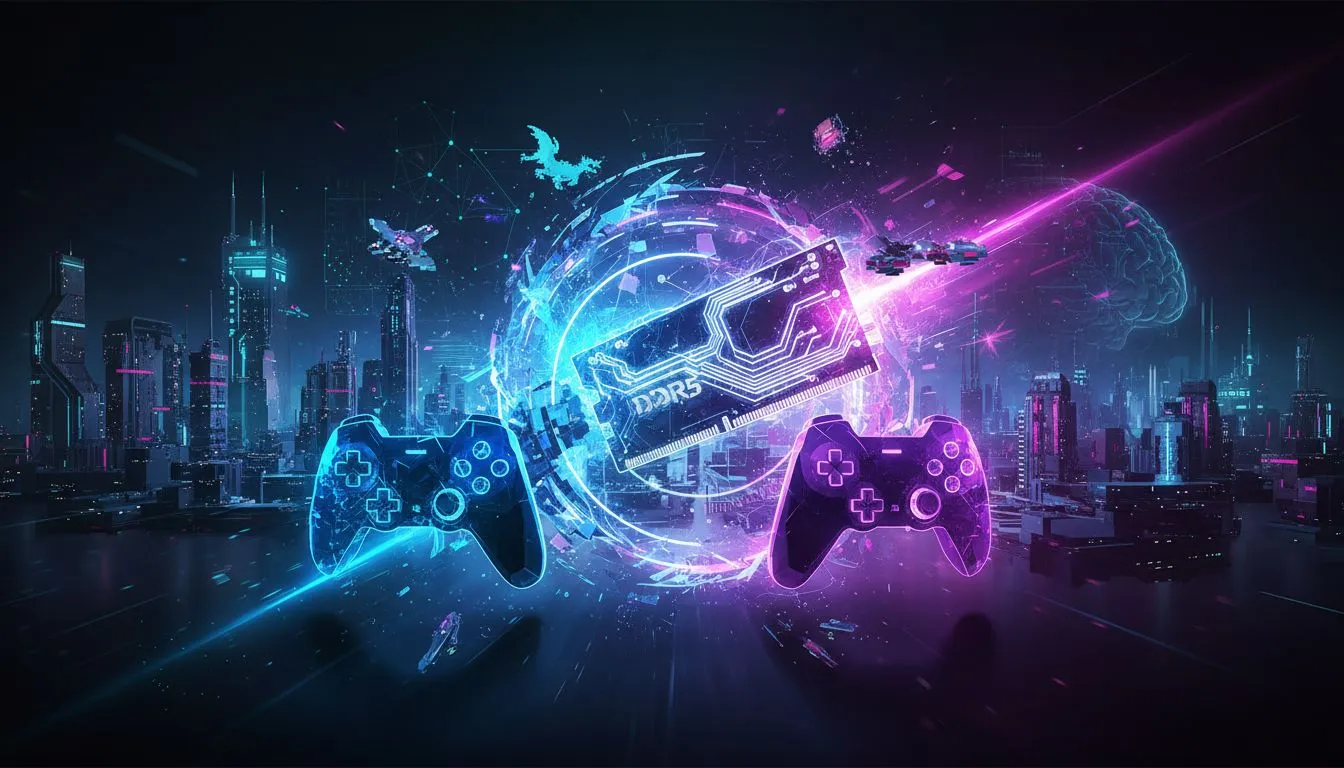
Is your gaming rig starting to feel a bit... sluggish? In the fast-paced world of PC gaming, where every frame counts, your memory speed can be the unsung hero or the hidden bottleneck. We've seen DDR5 change the game, but now we're on the verge of something truly mind-blowing. Enter DDR5 8800MHz memory, a speed that promises to not just run today's games, but to dominate whatever developers throw at us tomorrow. 🚀
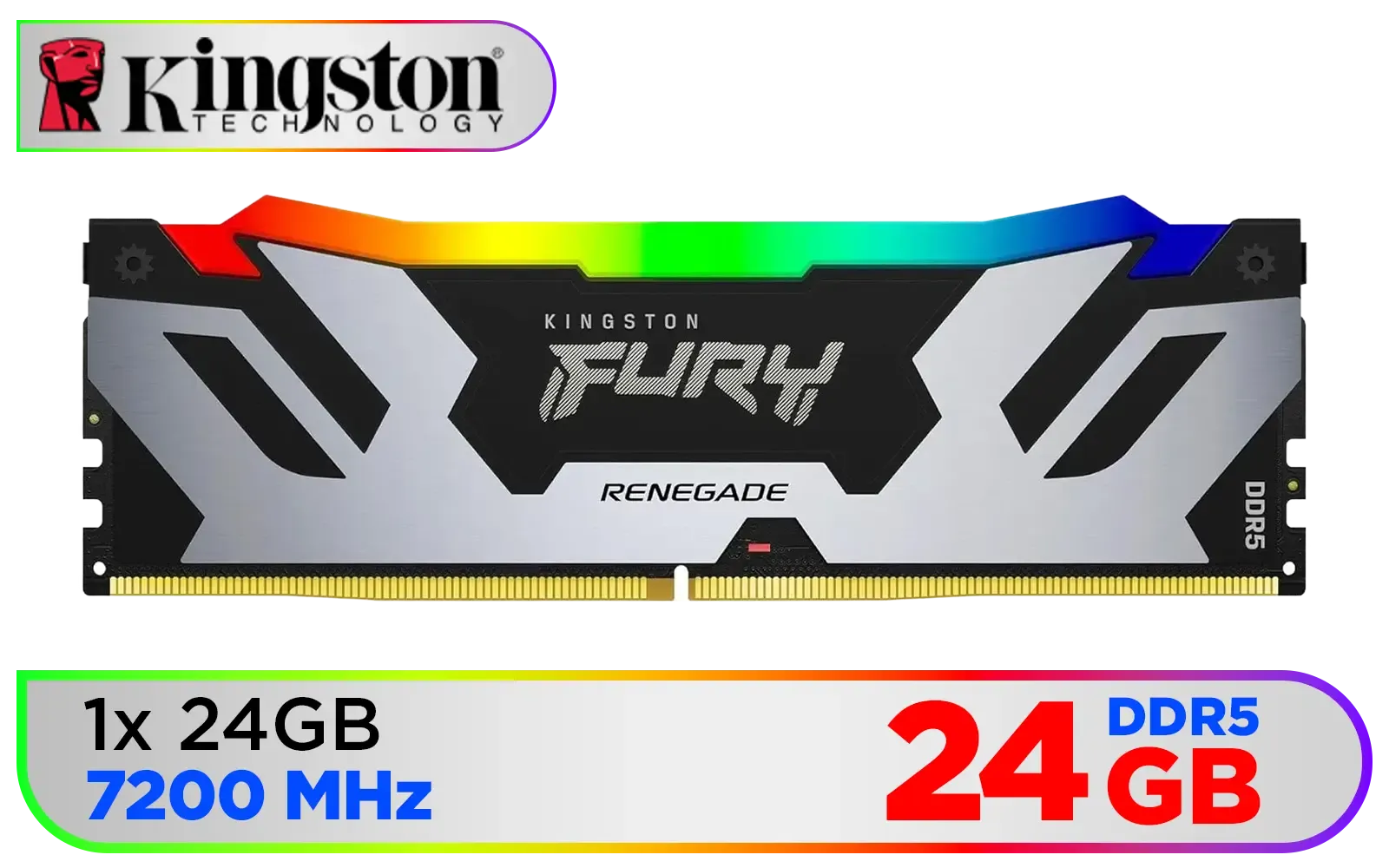


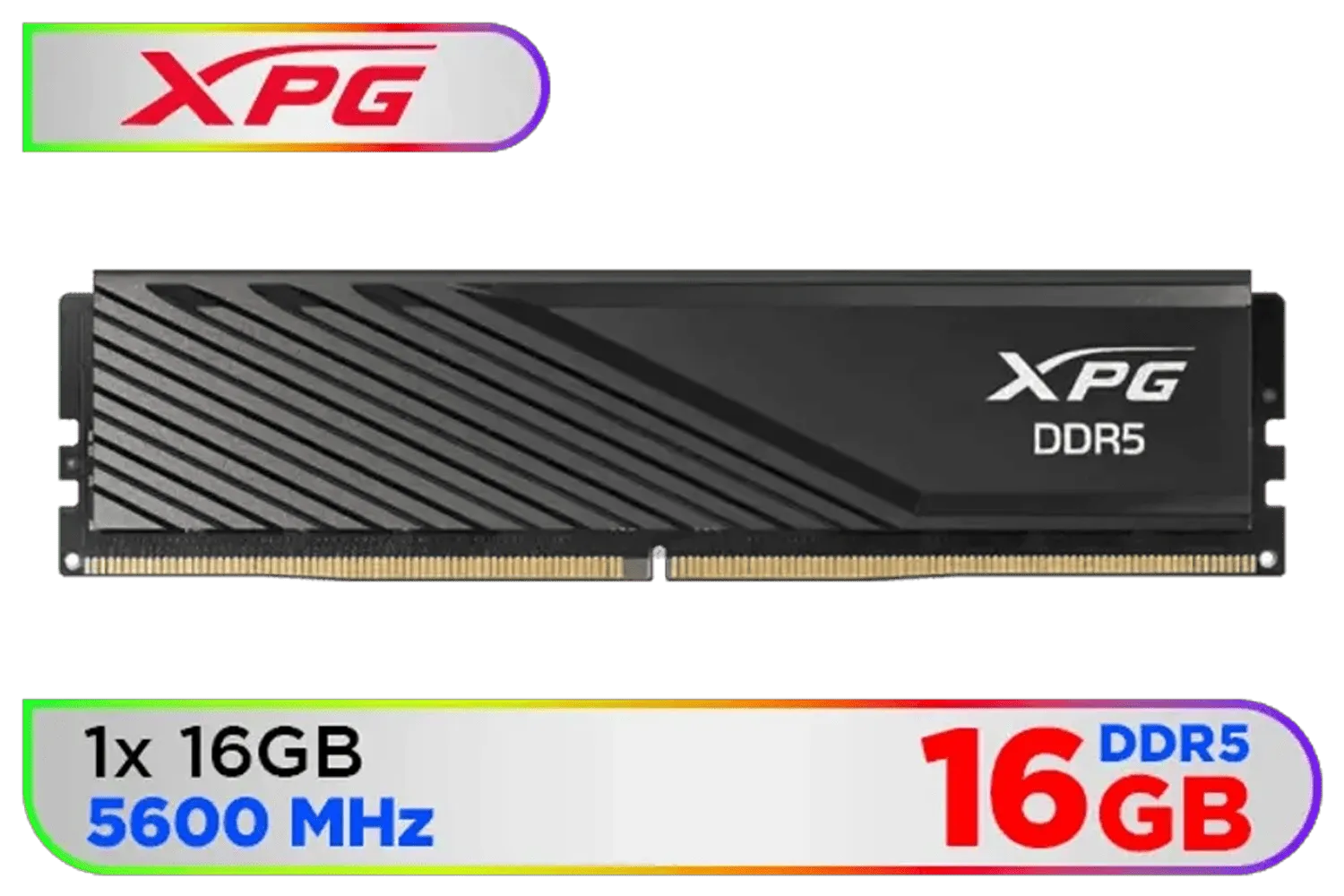
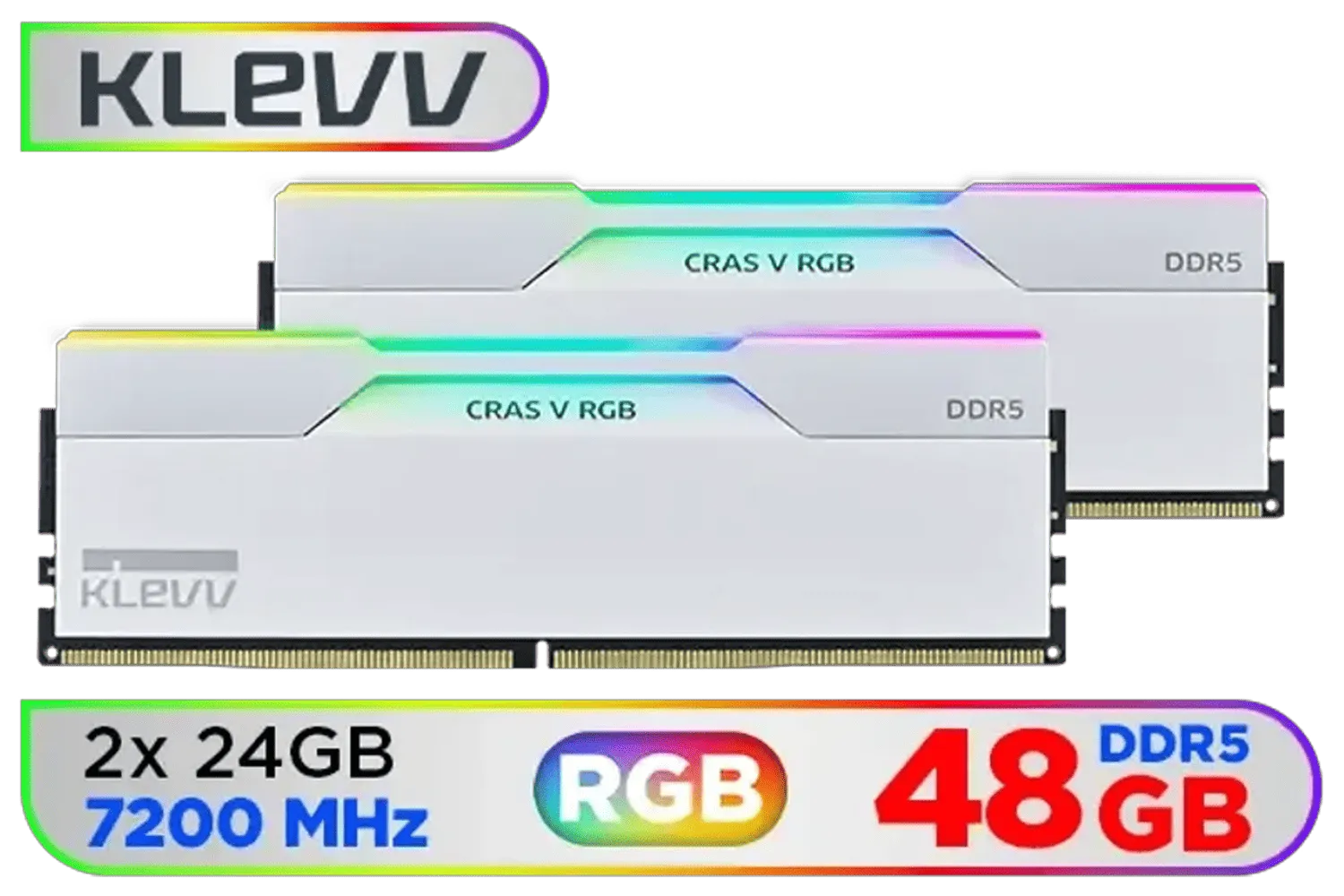
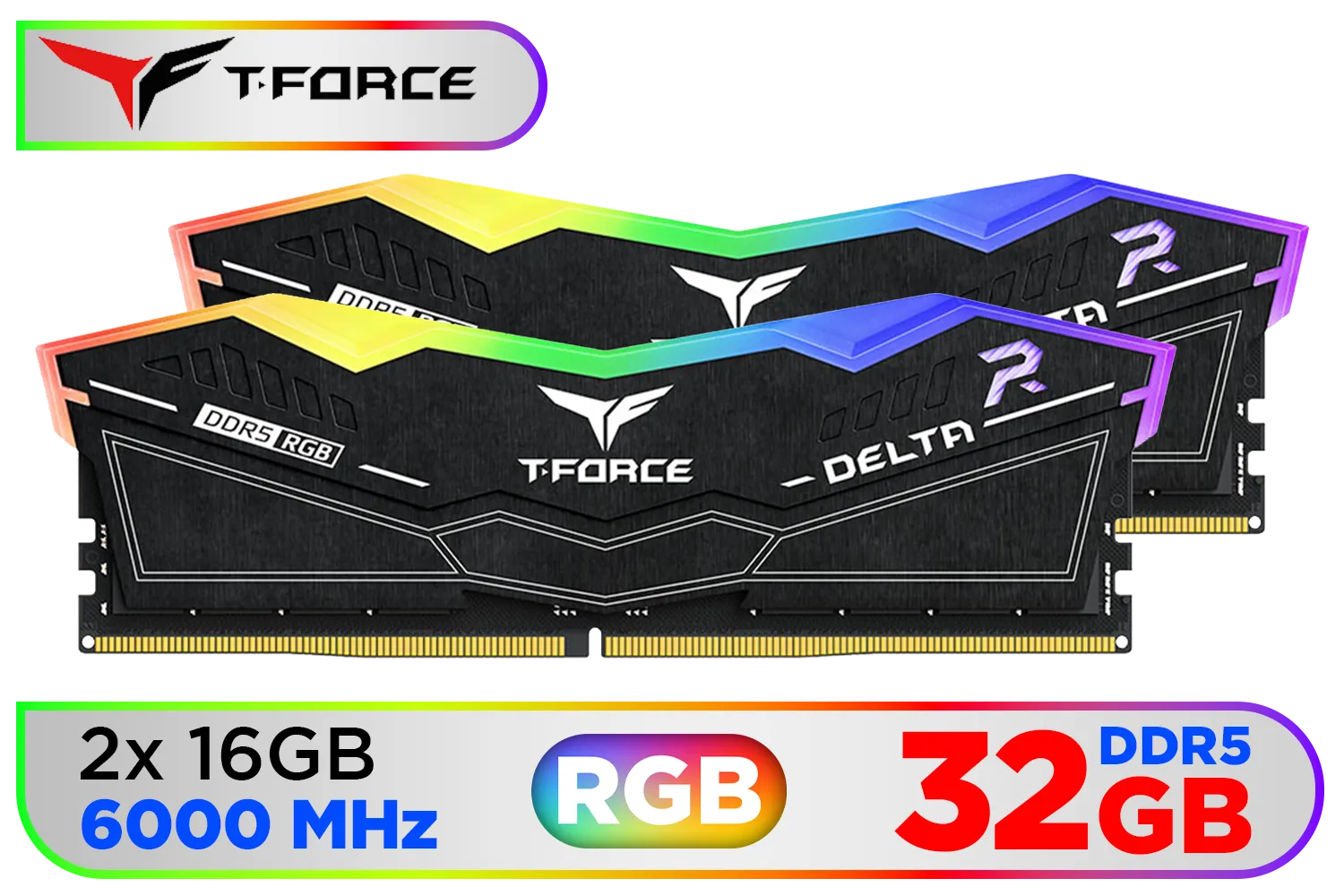
Let's cut through the jargon. Think of your RAM as the short-term memory for your CPU. The faster it is, the quicker your processor can access the data it needs to render complex worlds, calculate physics, and keep your game running smoothly. While older DDR4 memory was great, the latest DDR5 RAM operates on a whole new level.
At 8800 MT/s (MegaTransfers per second), DDR5 8800MHz memory offers staggering bandwidth. This translates to:
For competitive gamers in titles like Valorant or Warzone, squeezing out every last frame can be the difference between a win and a loss. This is where bleeding-edge speeds truly shine.
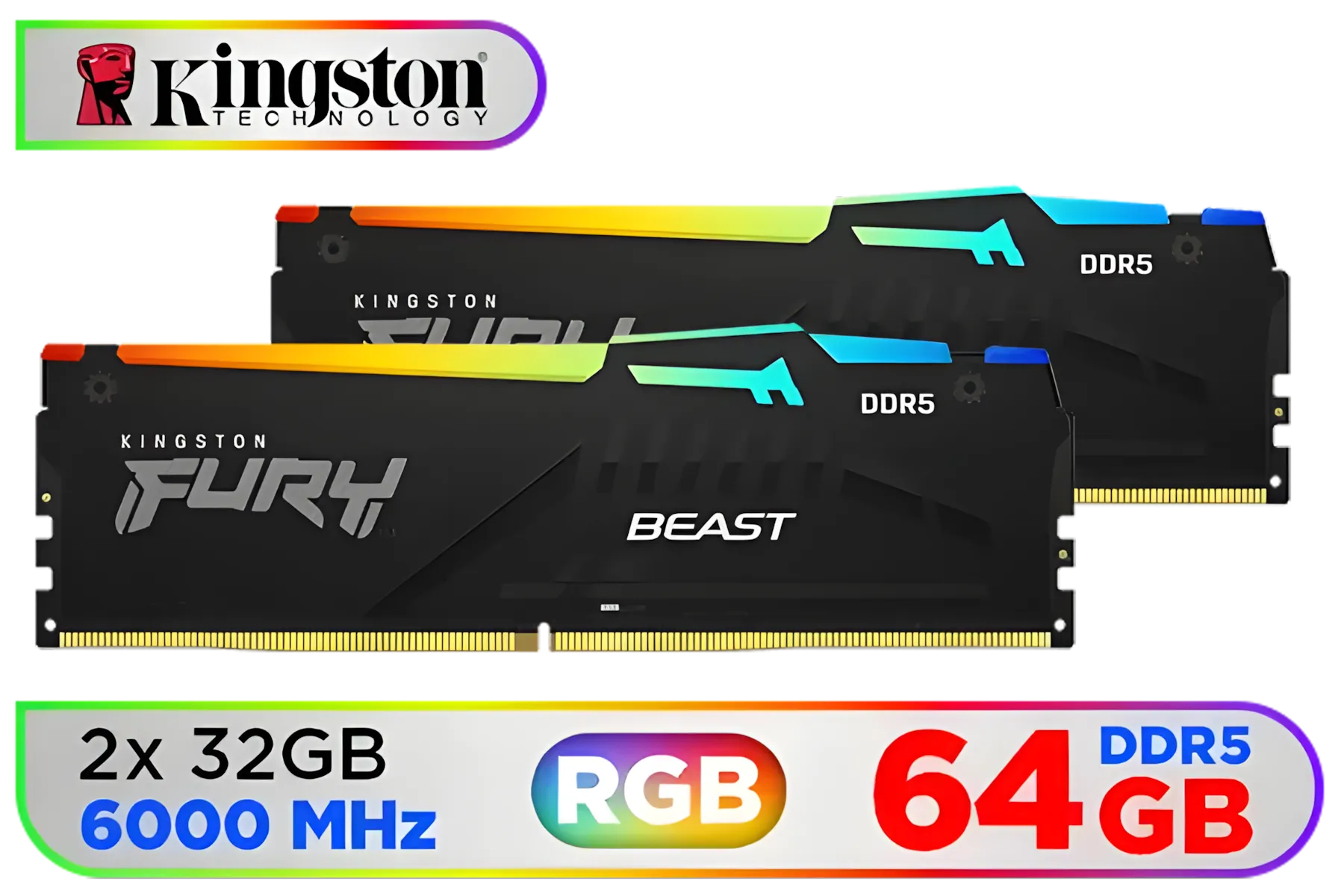



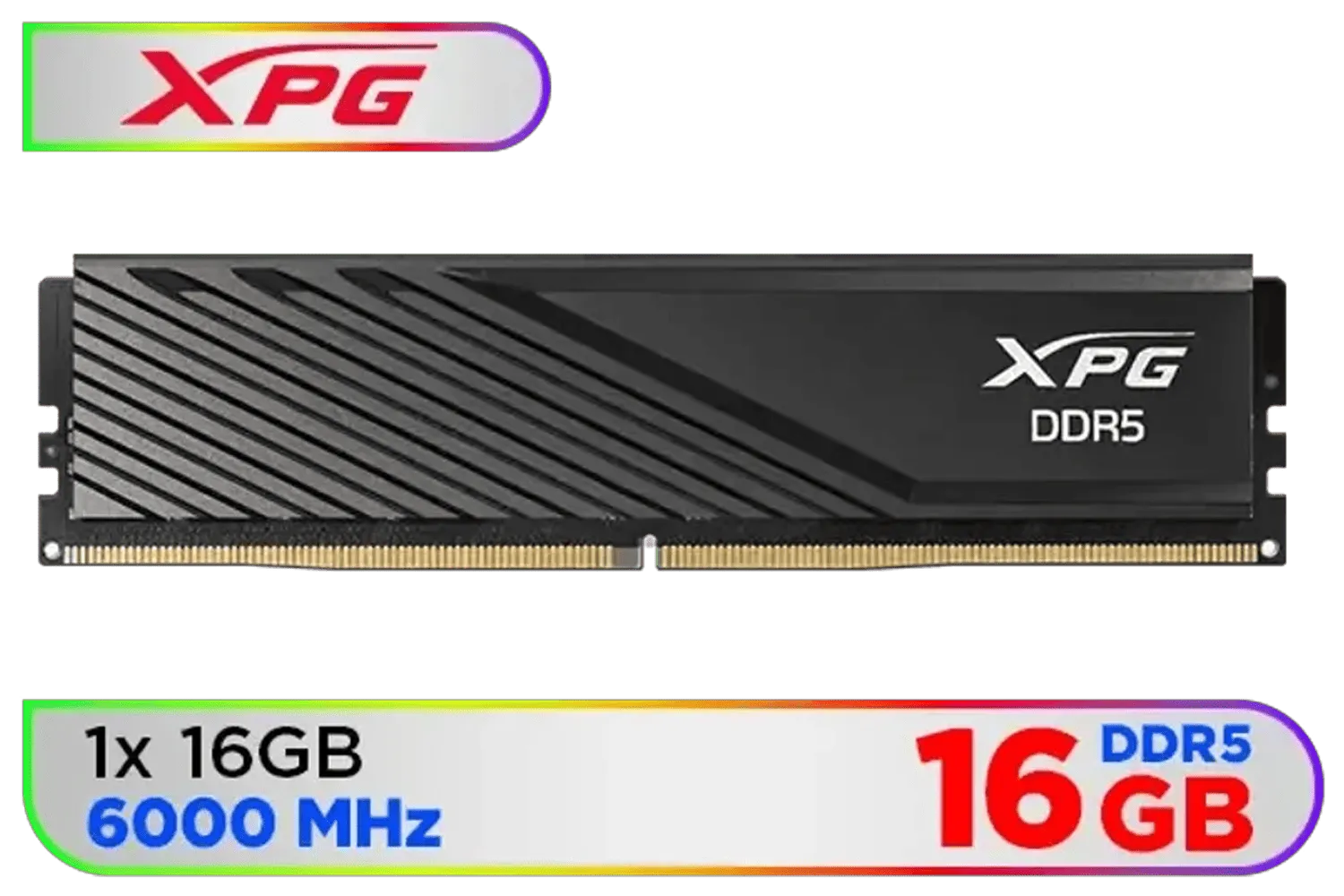
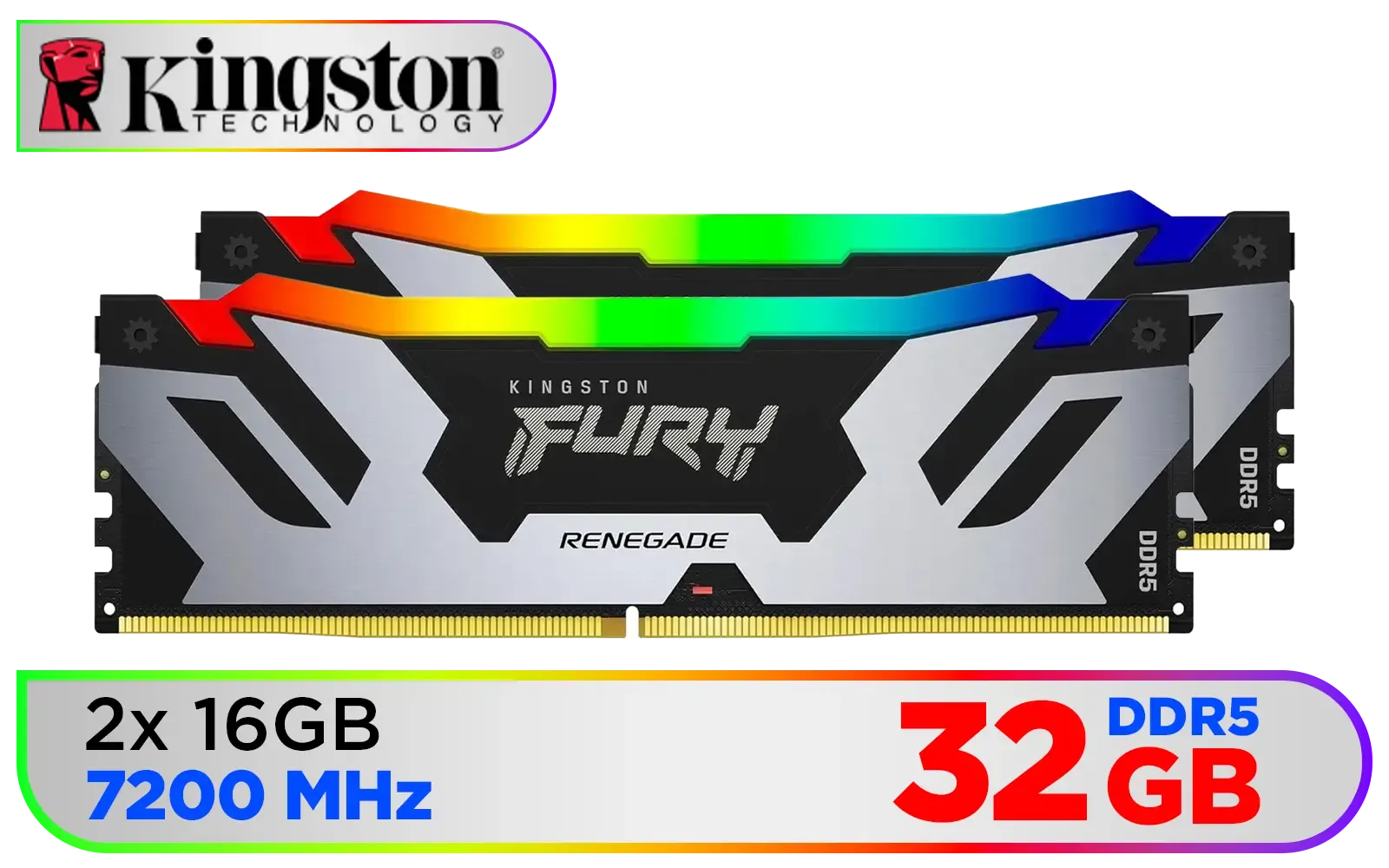
Here's the honest truth: for many South African gamers, 8800MHz is aspirational. It's the pinnacle of performance, designed for enthusiasts building cost-is-no-object rigs. To unlock these speeds, you need a compatible high-end motherboard (like a Z790 chipset) and a top-tier CPU that can handle the memory controller strain.
However, thinking about DDR5 8800MHz memory is all about future-proofing. Games are only getting more demanding. By investing in a platform that supports such high speeds, you're ensuring your PC stays relevant and powerful for years to come. Brands like Kingston are constantly pushing the boundaries, making these futuristic speeds a reality for those who demand the absolute best.
Just installing your new RAM isn't enough! To get the advertised speeds, you must enter your PC's BIOS UEFI and enable the XMP (for Intel) or EXPO (for AMD) profile. It's usually a one-click setting that overclocks the memory to its rated performance. Without it, your fancy new RAM will run at a much slower default speed.
While 8800MHz is the goal for ultimate bragging rights, the real magic for most builders is finding the performance sweet spot. The good news is that the entire DDR5 ecosystem offers a massive upgrade.



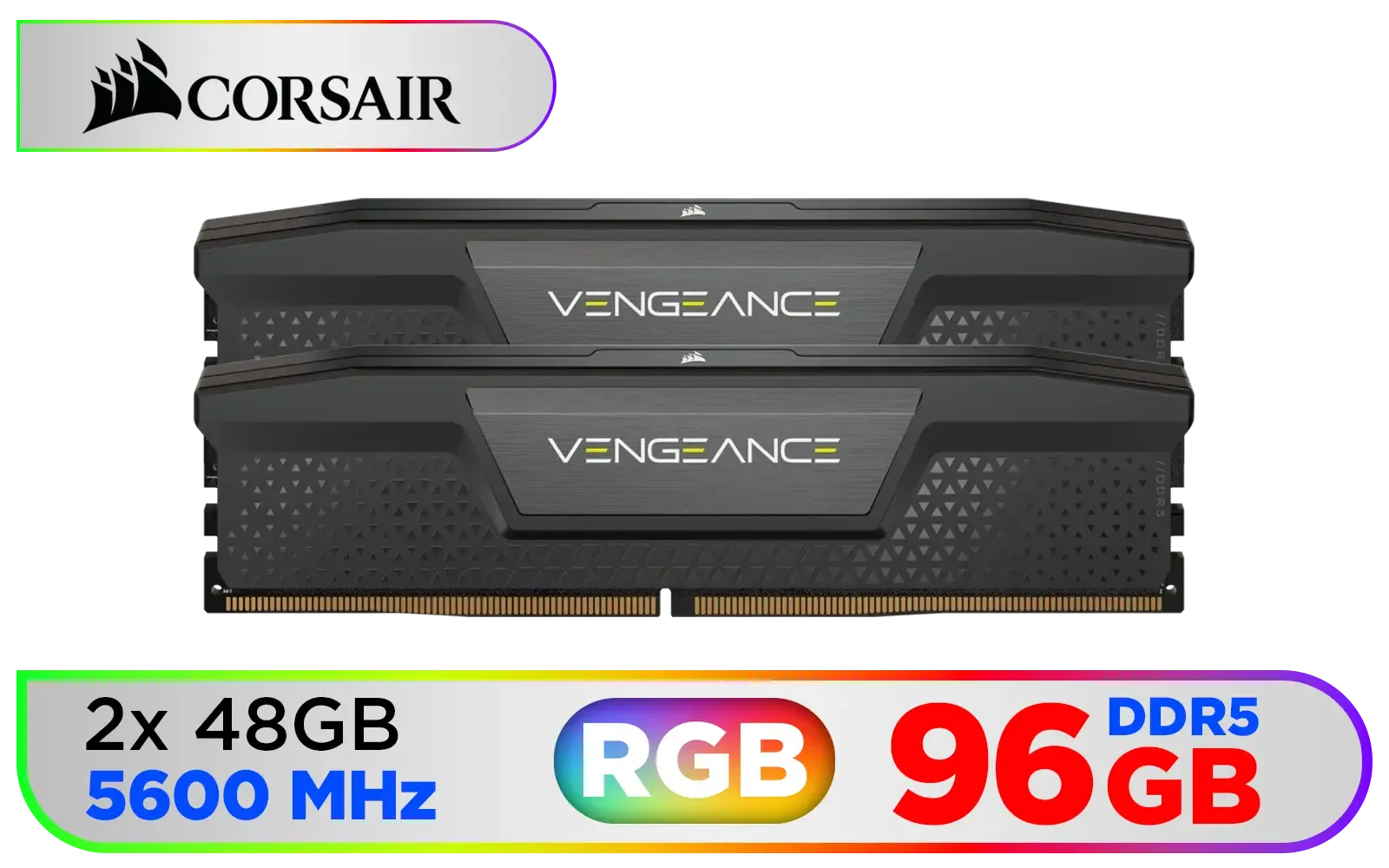


For a high-performance build that balances power and price, a quality DDR5 7200MHz kit delivers incredible responsiveness and will chew through any game you throw at it. If you're building a new AMD Ryzen rig, a solid DDR5 6000MHz kit is widely considered the perfect match for performance and stability. And with excellent value options from manufacturers like ADATA, upgrading doesn't have to break the bank. ✨
The jump to any of these speeds from an older DDR4 system is an upgrade you will absolutely feel, providing a snappier, more responsive PC experience across the board.
Ready to Unleash Your PC's True Speed? Whether you're aiming for the future-proof power of the fastest kits or seeking the perfect price-to-performance sweet spot, the right memory is waiting for you. Explore our massive range of DDR5 memory and give your gaming rig the upgrade it deserves.
Yes. DDR5 8800MHz offers higher bandwidth and better multi-thread headroom, improving FPS in CPU-limited scenarios and future-proofing your rig.
It can; games that rely on CPU and memory bandwidth see gains. Expect biggest FPS benefits in CPU-bound titles and heavy multitasking.
Modern Intel and AMD platforms with DDR5 memory controllers support 8800MHz with compatible motherboards and BIOS updates—check vendor QVL lists.
8800MHz delivers higher throughput and headroom; latency changes depend on timings. Real-world gains vary by game and workload.
Not necessarily. Good 8800MHz kits have OC headroom, but stable overclocks depend on motherboard BIOS, CPU memory controller, and cooling.
Prioritize validated kits, CAS latency, warranty, and motherboard compatibility. Look for tested 'best DDR5 8800MHz kits' benchmarks.
While consoles use different memory setups, DDR5 8800MHz gives PC builds ample bandwidth and longevity for upcoming PC game demands.